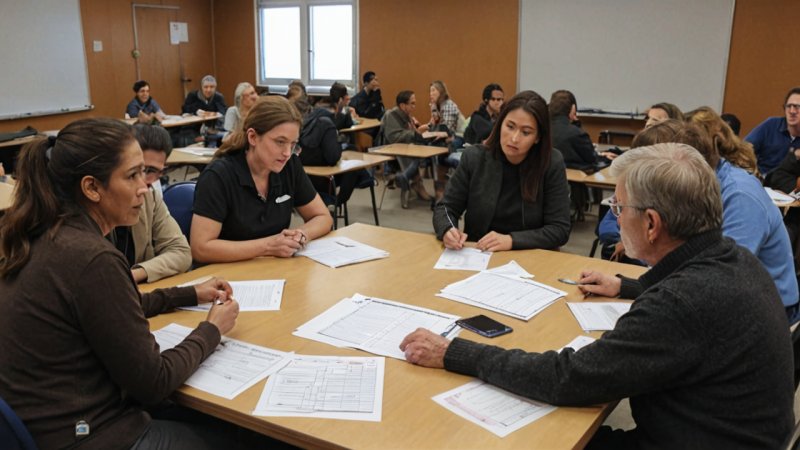Public opinion is often regarded as the lifeblood of democratic governance, serving as a crucial determinant in the formulation and implementation of policies. It encompasses the collective attitudes, beliefs, and preferences of citizens, acting as a mirror reflecting societal values and priorities. Understanding the influence of public opinion on policy decisions is vital for grasping the dynamics of modern governance.
Elections are a primary mechanism through which public opinion affects policy. Politicians are acutely aware that their political survival hinges on their ability to resonate with voters. As a result, they frequently adapt their platforms and policy proposals in response to changing public sentiments. For instance, as awareness of climate change has grown, many elected officials have pivoted towards supporting renewable energy initiatives and stricter environmental regulations. This responsiveness not only helps garner electoral support but also reflects a commitment to addressing pressing societal issues.
Polling data serves as a key resource in understanding public opinion. Surveys and polls allow researchers and political analysts to assess the preferences and concerns of the electorate. When a significant majority of citizens express support for a specific policy, such as universal healthcare, it often compels lawmakers to prioritize such initiatives. Conversely, if public sentiment leans against measures like tax increases, politicians may be disinclined to pursue those policies, illustrating the delicate balance between public opinion and legislative action.
Grassroots movements and advocacy groups also play a pivotal role in shaping public opinion and, consequently, policy. When citizens mobilize around a particular cause, they can create a groundswell of support that pressures policymakers to take action. Movements such as the Black Lives Matter and LGBTQ+ rights campaigns demonstrate how collective voices can influence legislative agendas. Policymakers often respond to these movements, not only to maintain their political legitimacy but also to address the concerns of their constituents.
The media significantly impacts public opinion and policy discussions. News outlets, social media platforms, and opinion pieces can elevate specific issues, shaping public perceptions and priorities. For example, extensive media coverage of police violence has spurred national conversations around criminal justice reform, prompting lawmakers to consider changes in legislation. The media’s role in amplifying public discourse cannot be overstated, as it serves to inform citizens and hold policymakers accountable.
However, the relationship between public opinion and policy is not always straightforward. Policymakers may find themselves at odds with public sentiment, especially when they believe that certain policies are necessary for the long-term welfare of society. This tension highlights the complexities of governance, as leaders must navigate the fine line between representing public opinion and making informed policy decisions based on expert recommendations.
In conclusion, public opinion is a powerful force in the realm of policy and governance. It shapes electoral outcomes, influences policy agendas, and drives social movements. Understanding this dynamic is essential for fostering a healthy democracy, as it empowers citizens to engage in the political process and hold their leaders accountable. By recognizing the importance of public sentiment, we can work towards a more inclusive and responsive governance system that truly reflects the will of the people.
Public Opinion: Driving Force Behind Policy Changes
Exploring the impact of public opinion on policy formulation and political decisions.






